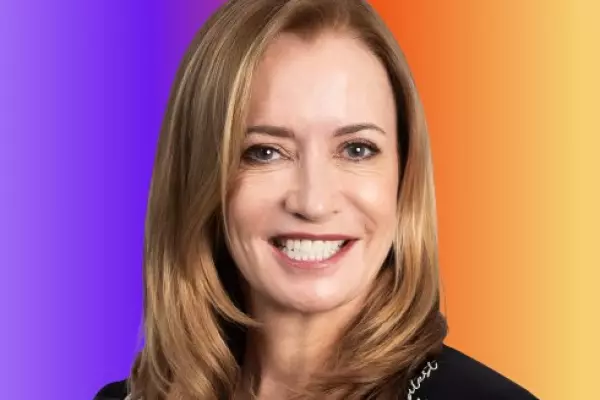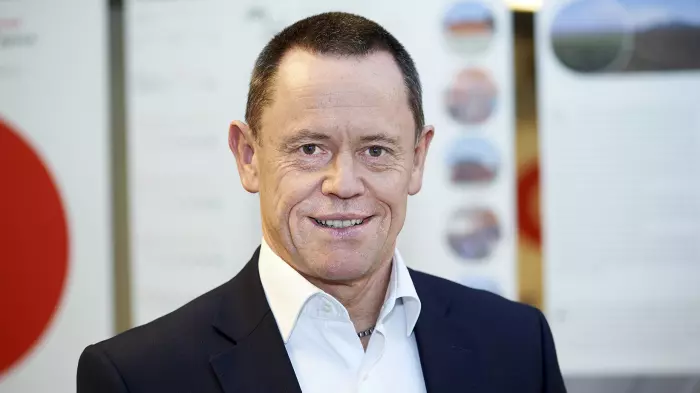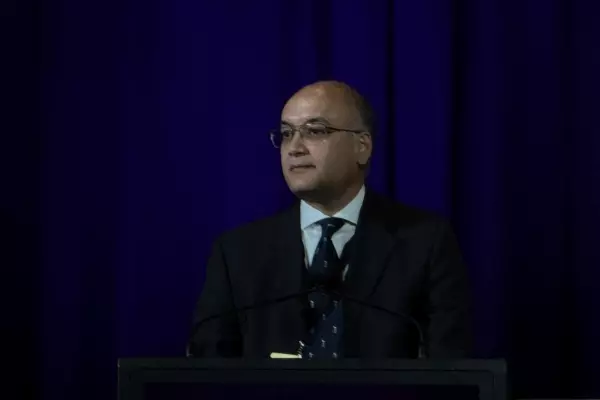In August 2020, the then Westpac chief executive David McLean made quite candid remarks about corporate accreditation schemes.
“I remember when ASB got the rainbow tick, which means you are a certified LGBTTI-friendly employer,” he said.
“I immediately rang up our people and said, 'Why the hell did ASB beat us to that? I want one, I want one of those ticks.' And now, of course, most of the other banks have one, too.
“But I can imagine when we got our living-wage accreditation, the other banks would have made similar phone calls.”
I am somewhat sceptical of some of these box-ticking exercises, but it is clear the competition factor motivates leaders at the highest level.
Imagine if such competition was applied to corporates’ charitable offerings.
Yes, we can see annual reports with pages and pages of smiling children and employees volunteering, but why can’t we tell if Westpac is more charitable than ASB or BNZ or Kiwibank?
The issue
JBWere’s Corporate Support Report for New Zealand, released this week, highlights this problem, because only cash donations are reported and can be compared. It's really hard to judge the value of in-kind, volunteering or pro bono work.
This was also highlighted in BusinessDesk’s earlier work on NZX firms’ charitable giving.
JBWere said many companies work with non-commercial "sponsorship" arrangements, which result in marketing deductions instead of donation deductions.
“This is a smaller component of their total support but has been focused on the only contribution made by the sector, giving a false view as to their generosity,” it said.
“It is hoped that in the future, this perspective can be corrected by New Zealand companies reporting their total community investment under the methodology prescribed by the Business for Societal Impact (B4SI) Framework, which captures all in-kind contributions,” the report said, recommending a method developed in the 1990s and formerly known as LBG (London Benchmarking Group).
JBWere is already ranking corporates in Australia on just how charitable they are, and its NZ arm aspires to do this next year. But it needs corporates here to come to the party.
In NZ, less than 10% of NZ’s top 100 companies are known to use the B4SI framework, says a 2020 KPMG review.
NZ Post Group is a standout, recording that it invested $365,348 in the community in 2021.
Other corporates using the methodology include ANZ, Bupa, Coca-Cola Amatil, PwC and KPMG, although these aren’t NZ-headquartered firms, and we can’t split out the local factor.
Another methodology, the Global Reporting Framework, is slightly more common in NZ, at 34%, and is favoured by companies with global headquarters, says KPMG.
In short, the priority given to these frameworks is sorely lacking.
What investors want
Of course, it’s not news that investors are now demanding environmental, social and governance (ESG) reporting from the companies they invest in. Investors accept that these things create long-term value in companies.
Firms that are involved in their communities and recognise they are part of society attract the best people.
It's only been four years since BlackRock’s Larry Fink wrote in his annual letter to chief executives that corporates must contribute to society.
In NZ, the government's accounting standards setter the External Reporting Board (XRB) is grappling with its new mandate to create a climate-related disclosure framework. As this happens, the "S", or Social, in ESG is going by the wayside.
Much has been made of the mandatory climate-change disclosure regime.
But XRB’s new powers also mean it can issue non-binding guidance, so hopefully the climate-change framework is just the first cab off the rank.
Standards for charitable contributions could – and should – follow.
As individuals, New Zealanders are some of the most charitable people in the world – 51% of us give out of our own pockets.
Yet, as active investors – which more and more of us are, through platforms such as Sharesies – we don’t demand that the companies we invest in are charitable.
The starting point is being able to measure it.















